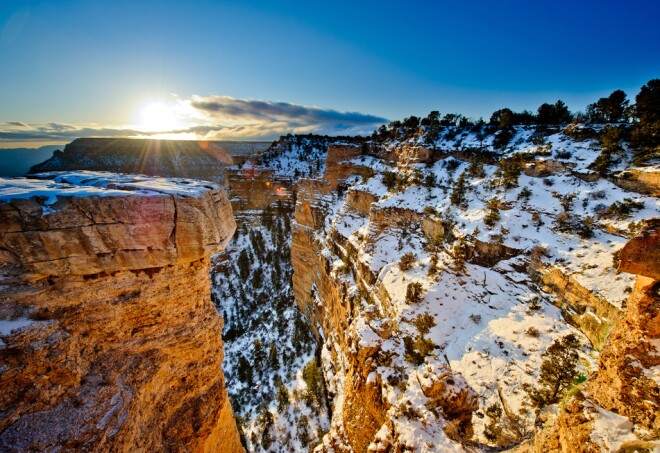Overview
When’s the best time to go to Beijing?
Situated near the fringe of the encroaching Gobi Desert, Beijing has a dry and often blustery climate. Winters are cold and windy with almost no precipitation. Fall and spring offer the most dependently pleasant conditions and relatively cheap prices for air travel and lodging. Summer (June through August) is peak tourist season, but the weather can be hot and humid, with occasional torrential downpours. Beijing’s air pollution often makes headlines around the globe, but the city also experiences long stretches of blue-sky days. Air quality tends to be comparatively worse in summer and winter, though a shift in wind and humidity can quickly change things for the better.
How to get around Beijing
Beijing Capital Airport is spread out over three terminals in the northeast corner of the city, with most international flights arriving at T2 or T3. Taxis are relatively cheap—around RMB 75 ($12) to the center of the city—but almost none of the cabbies speak English, so you’ll need to have the Chinese characters for your destination handy if you’re not a Mandarin speaker. A high-speed train connects the airport to major public transit hubs at Sanyuanqiao and Dongzhimen.
On paper, Beijing’s roadways are defined by six neatly arranged concentric ring roads. In reality, traffic is chaotic and often grinds to a standstill. During peak commuting hours, it’s best to avoid surface transportation. Beijing has an extensive and rapidly growing subway system that connects to most points of interest. As of early 2015, there were 18 lines and 319 stations, with plans for significant expansion. Buses are also plentiful, but most lack English translations for the stops.
Can’t miss things to do in Beijing
Get an early morning start at the park surrounding the Temple of Heaven to see retirees mastering dance, calligraphy, tai chi, and musical instruments. Most of the regulars are not professional performers and are only there for personal enjoyment and socializing. Visitors showing interest in a craft or skill will often be invited to join in.
Food and drink to try in Beijing
With an eclectic mix of local and international cuisine, Beijing is a good place to satisfy almost any food craving. Long famous for such local specialties as Peking duck and dumplings, the city has also attracted some of the world’s top kitchen talent in the past decade. And as Beijing has drawn migrants from other provinces, more and more regional Chinese cuisine has become available, with Sichuan, Yunnan, and Uyghur restaurants particularly popular. When it comes to drinks, Beijing’s nightlife scene includes posh nightclubs and hip hole-in-the-wall pubs.
Culture in Beijing
Beijing has a wealth of exhibitions, concerts, book talks, and theatrical performances. The most significant Chinese holiday is the Spring Festival, which marks the start of a new lunar calendar year. Other major holidays include the Mid-Autumn Festival, National Day, Tomb Sweeping Day, and the Dragon Boat Festival. Although these times can give visitors charming insights into traditional Chinese culture, travel logistics can be difficult and popular tourist sites are often overwhelmed by domestic travelers.
Local travel tips for Beijing
Tipping is not practiced in China, and leaving a few extra bills on the table will often result in a well-meaning proprietor chasing you down the street to return your money. Local expats tend to live their lives according to pollution conditions. While most short-term visitors won’t experience health effects, those with sensitive respiratory tracts should consider packing a pollution mask.
Guide Editor
Matthew Durnin is a research consultant specializing in China’s economics and politics. He has lived in Beijing for eight years.






